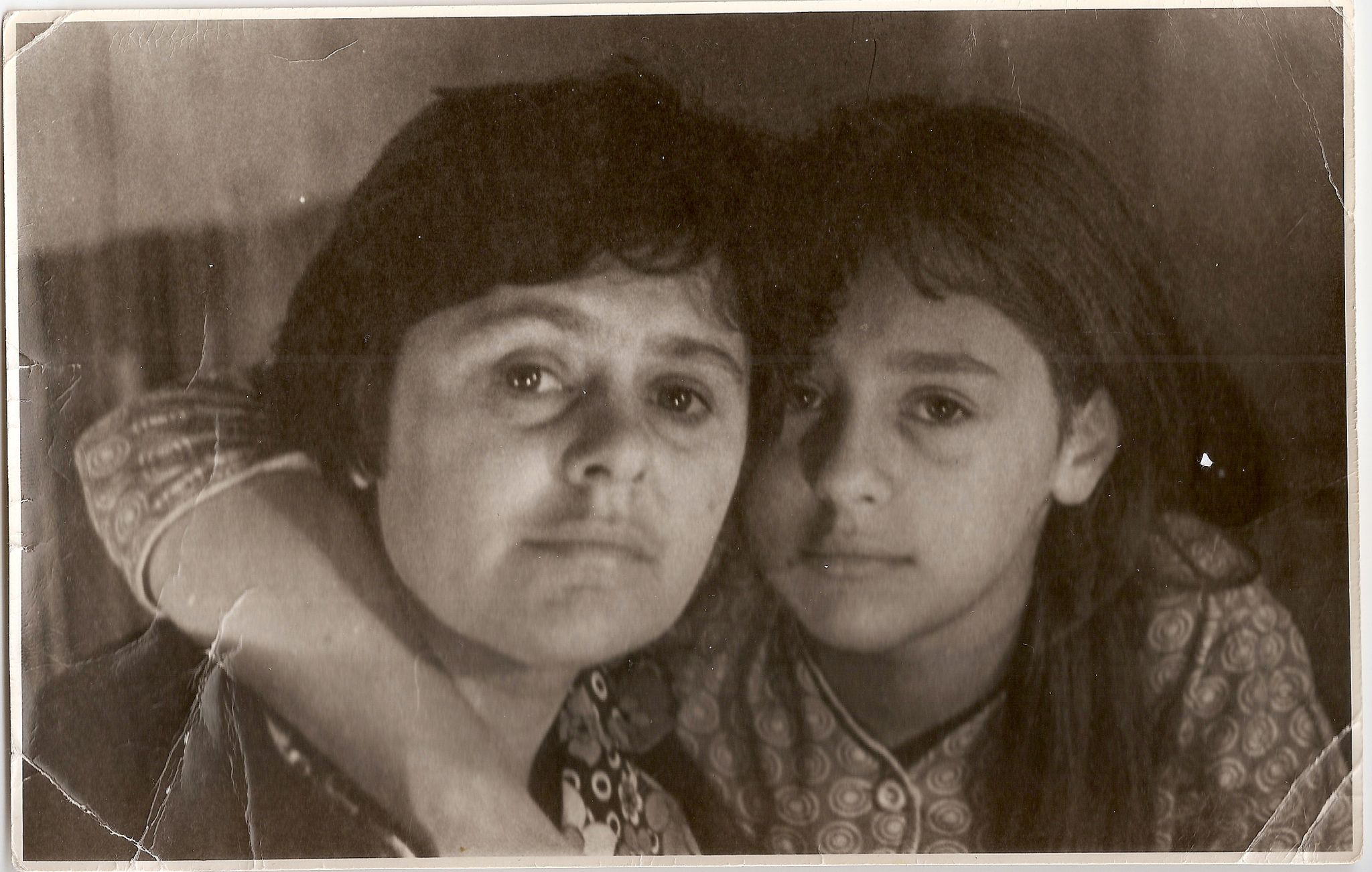

The descriptions of food are so copious and so meticulous. As a child, my mother read me the Ukrainian tales. And the tradition continues in Bulgakov’s “Master and Margarita,” which is an homage to Gogol. And you can read it now and it still reads completely fresh. Ĭan you talk about why you like Nikolai Gogol so much? When we emigrated, it was the mid-‘70s, so imagine the kind of bread you got in America, it was Wonder Bread, it was a total shock. That’s the first thing that immigrants started doing was opening commercial bakeries for the Russian-style bread, because that’s what people missed the most. … The one thing you have to give people who have been through World War II, a million people died in the siege of Leningrad, you have to give them stable bread prices.ĭuring perestroika, when everything disappeared, people dried their own rusks. And it was really disastrous for him politically and the Brezhnev government vowed to keep at least bread prices unchanged. Under Khrushchev, the year that I was born, there was a grain failure and Khrushchev tried to raise food prices. And the normal Soviet-style bakers have completely disappeared from the center of Moscow. … Everyone is into comparing the baguettes and the croissants like they do in London. Eric Kayser opened a franchise in Moscow. Now here you see a loaf of bread for $10. You can’t do it at home.Ĭould you talk about bread? Russian bread is very famous, and the bread lines were very famous. We used to buy them, they cost 6 kopeks apiece, they were so industrial. … What we really missed is the Mikoyan kotlyeti. That kind of adds a layer of richness and complexity. Our country had a traumatic, difficult history and a lot of it was connected with the food… Everything we ate was produced by this horrible state that we fled. You can’t separate the politics from these idealized childhood memories.

It’s what I called the poison madeleine factor. It’s about being stuck behind the Iron Curtain and having this wanderlust and this wild curiosity. We had no idea what they were but just saying these foreign words filled us with longing and yearning.

We fantasized about everything related to food from the prerevolutionary cuisine of Chekhov and Gogol and Tolstoy, which we read about … but we couldn’t really taste because all the ingredients were gone.Īnd it’s a lot about my mother fantasizing about foreign cuisines that again she read about in Proust or in Hemingway and she concocted these dishes, calling them, you know, pot au feu or pizza or whatever. The book is as much about not having food as it is about feasting.


 0 kommentar(er)
0 kommentar(er)
